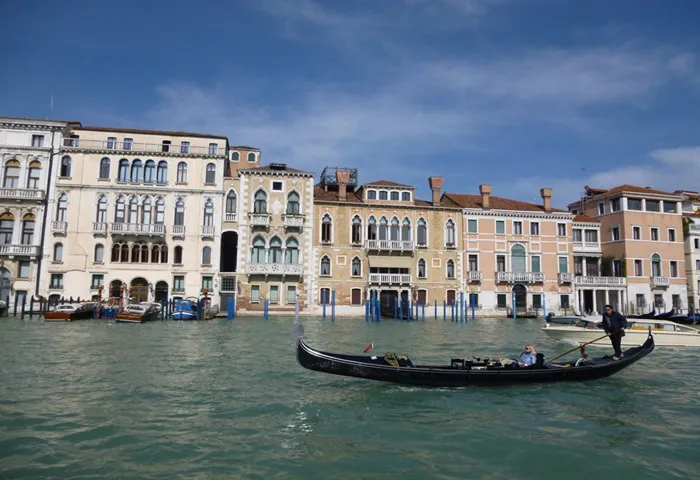With the rise of global tourism, the concept of being a “good tourist” has never been more critical. Author Paige McClanahan suggests that to truly respect and appreciate the places we visit, we must shift our travel habits—focusing on fewer destinations and spending more time in each. This approach, she argues, could be a remedy for the growing resentment linked to overtourism.
Tourism has long carried a negative connotation, with the term “tourist” often implying someone with a shallow interest and limited understanding of the places they visit. When you hear someone described as “a bit of a tourist,” it usually suggests annoyance or disapproval. This perception has worsened in recent years, as anti-tourism movements have gained traction globally. In Barcelona, for example, protests have emerged with slogans like “Tourists go home; you are not welcome here.” Venice has introduced visitor fees, and Amsterdam’s mayor took the drastic step of closing the city’s cruise ship terminal last year.
The underlying issue is one of sheer numbers. In 2023, 1.3 billion people crossed international borders as tourists, marking a full recovery from the pandemic and a staggering 25-fold increase since the 1950s. This surge has been fueled by increasingly affordable flights and the convenience of online booking platforms, from last-minute travel deals in the late 1990s to the rise of Airbnb and Google Flights. While travel has become more accessible and cheaper for tourists, the costs—both environmental and social—are being paid elsewhere.
Tourism now accounts for over 8% of global greenhouse gas emissions. In popular destinations like Ibiza, short-term holiday rentals have distorted local housing markets to the point where some residents are forced to spend the summer months living in their cars.
McClanahan’s call for a more thoughtful approach to travel—where we engage more deeply with fewer places—could be key to mitigating the negative impacts of overtourism and fostering a more respectful relationship between tourists and locals.
Related Topics:
How To Get Around London Without A Car
15 Best Things To Do Alone In London
Do You Need an Oyster Card to Travel in London

